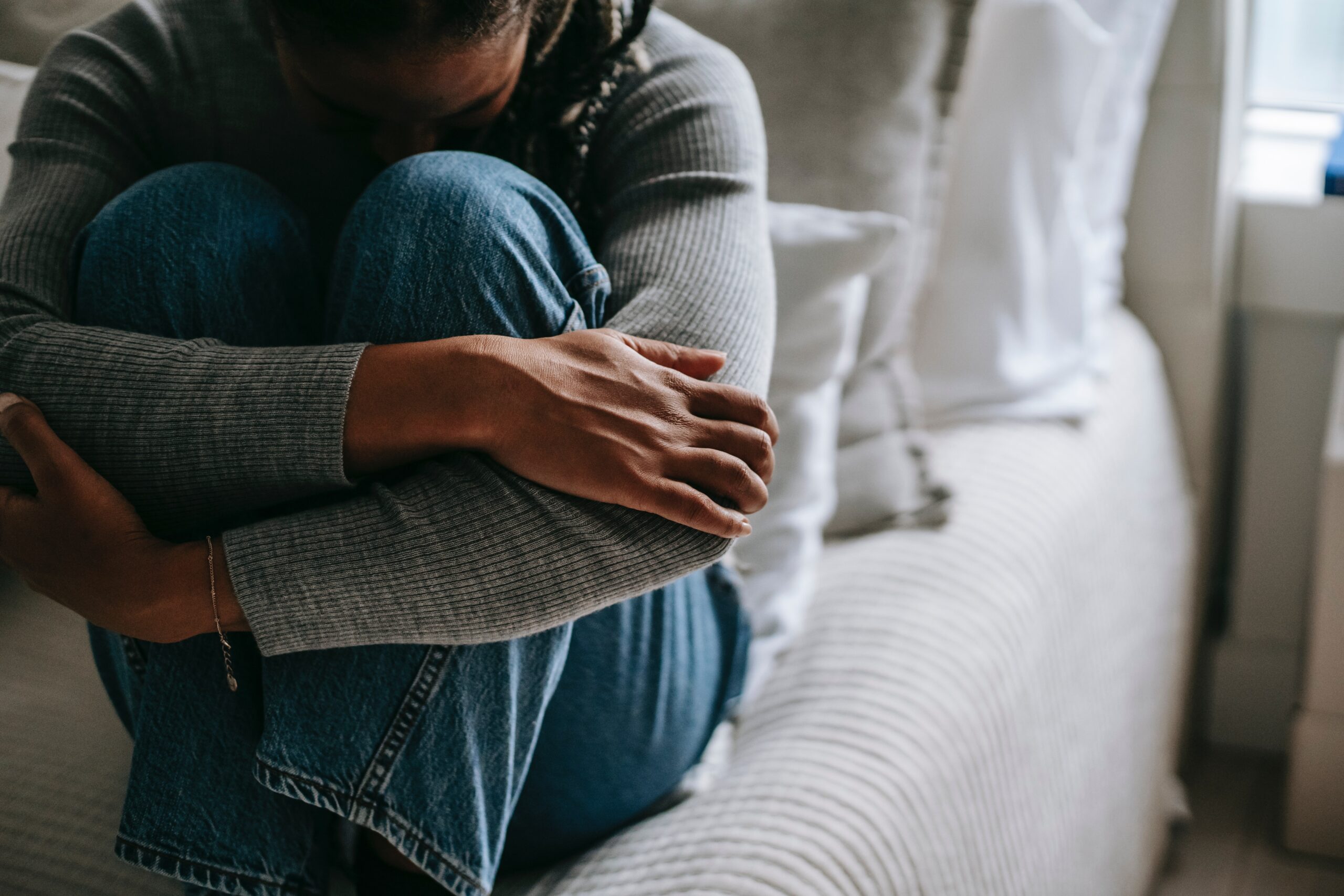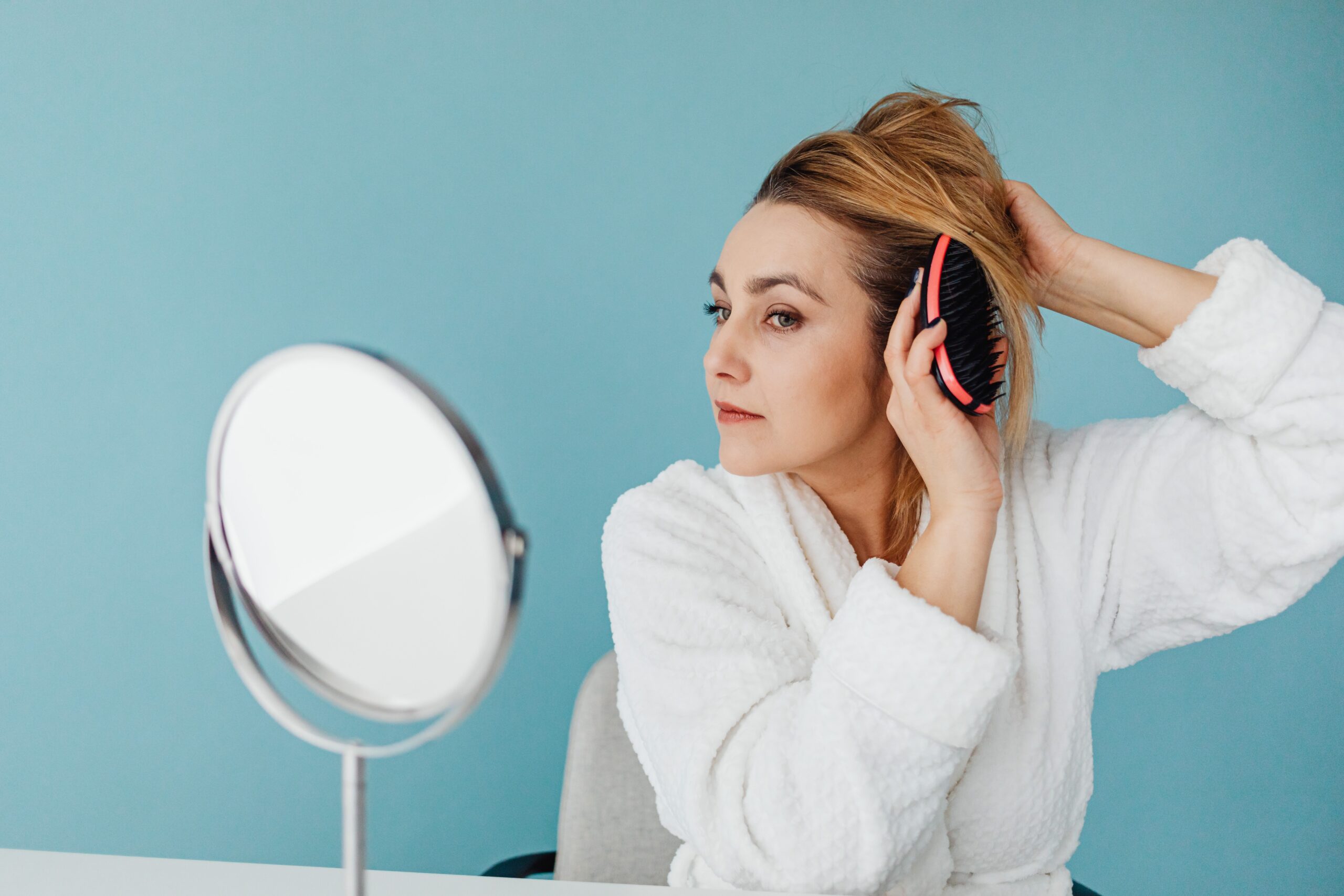
Here are 5 facts you need to know about peri-menopause and that no body has probably ever told you.
I am in my early 40s and have noticed that my body, mind, and skin are changing. I have become more forgetful, and my skin has become more sensitive. Dare I say I am in Perimenopause?
I am, and I think we should embrace it, talk about it and normalize it. Every woman will go through it, so why do we not discuss it more? Find ways to manage it and build relationships with people who can help us.
In Traditional Chinese Medicine, emotions come from the mind but affect the organs. TCM identifies five different emotions, which, if experienced excessively, will affect the organs’ function.
Stress is the number one cause of external emotional cause of liver dysfunction, and anger is the primary internal emotional cause. Most women are affected by both of these emotions in our busy, stressful, fast-paced lives.
It is even more common for women to be under considerable stress when entering perimenopause age. They have kids leaving the house, demanding high-pressure jobs, maybe going through a divorce or caring for an older family member. All of these things are common during the years of Perimenopause for women.
During these years, women should be reducing stress, but unfortunately, it seems to be a time of more pressure, and the to-do list keeps on getting longer.
Here are 5 facts that you need to know
1. What is Perimenopause?
The definition from the Clevland Clinic is” Perimenopause (also referred to as the menopause transition) is when your body starts transitioning to menopause. At this time, your body is moving toward the end of your reproductive years. During this transition, your ovaries produce less hormones, causing your menstrual cycle to become erratic or irregular.”
2. What symptoms happen when I am in Perimenopause?
In my clinical practice, I have found that the list of possible symptoms you could have is endless. Still, one of the first signs is that your menstrual cycle starts becoming irregular, lighter or heavier, possibly with some clots. Hot flashes are another prevalent symptom.
3. At what age is Perimenopause?
That depends on your lifestyle, but generally, you can start having some changes in your mid-forties, but it can start as early as your late 30s.
4. Do you still ovulate during Perimenopause?
Yes, you still ovulate if you are still getting a menstrual cycle, which means you can still get pregnant. Menopause is when you stop having a period for 12 months. Usually, Perimenopause happens within ten years of menopause but every women is different and will experience per-menopause differently.
5. What can I do to help with my perimenopause symptoms?
I always tell my patients that you must behave differently if you want to feel different. Your lifestyle needs to change, and your daily habits need to as well. Small changes make for significant results. If you are having a lot of symptoms like hot flashes, night sweats and anxiety these tips are for you
- Ensure you are getting enough sleep, which is very important. Sleeping well, you can manage the day better when difficult things arise.
- Get moving every single day ex) walking, running, biking, and stretching. Exercise helps prevent weight gain, increases metabolism, enables you to sleep better, strengthens bones, and reduces stress.
- Stay hydrated; your hot flashes will worsen if your body is dehydrated.
- Eat whole foods, lots of leafy greens, nuts, fruits and foods with lots of nutrients. As we age, our metabolism slows down, and we need to consume fewer calories, so our food must be full of nutrition.
- Practice relaxation techniques; one of the most common things that my menopausal patients tell me is they feel like a monster has taken over their body and their mood swings are terrible—having tools to deal with stress and find what suits you will really help to manage the stress. Walking in nature, meditation, yoga, qi gong and breathing techniques are great ways to de-stress.
“When the heart is at ease, the body is healthy.”
If you liked this, read check out this one.!
This is a great book that I recommend for menopause knowledge






